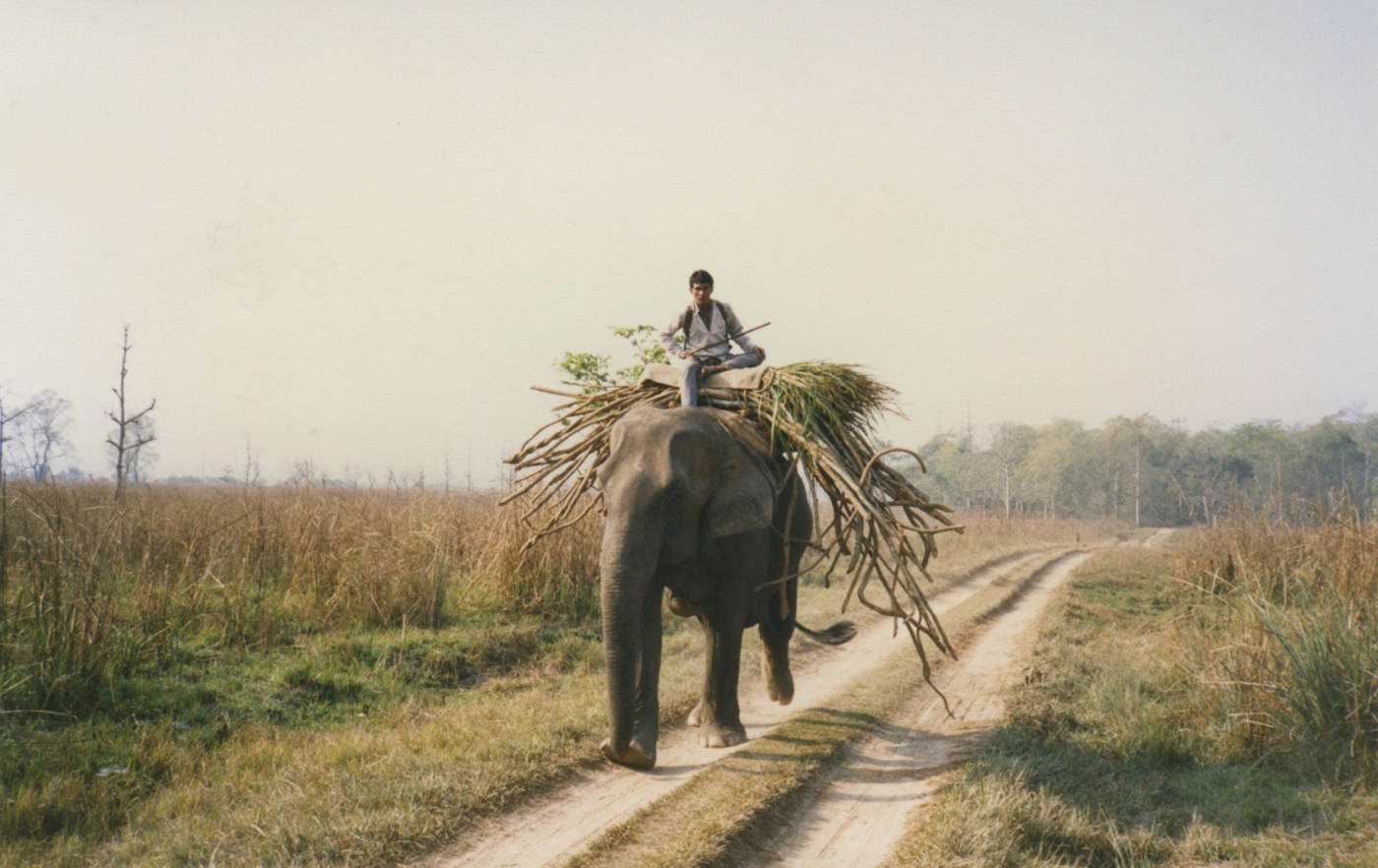
Stories from far off places
Can storytelling be more lucid than experience? Holly Rose Gammage has experienced Malaysia, Nepal and Papua New Guinea more times than she can count, but never actually been

Can storytelling be more lucid than experience? Holly Rose Gammage has experienced Malaysia, Nepal and Papua New Guinea more times than she can count, but never actually been

Drifting into sleep – one ear pressed to the pillow, the other listening in the darkness. Tales of dusty tracks and elephant grass envelop me, with the soft and low tones of my dad’s voice putting magic into the words he speaks. There is something so precious about these stories, the way they are told the same each time but without a book in sight. A memory game enriched by time spent in remote destinations, dad’s “jungle stories” were the ultimate bedtime tales. And today, years later, I wonder: does storytelling supersede reality?
Those tense moments of coming face to face with a rhinoceros on a dirt track or wading through grass up to my neck were things of fantasy
We value our childhood memories with increasing passion as we grow older – the allure of a simpler time over the routine chaos of adult life. Stories, however, are not merely an indulgent memory, but a trace of dreams and adventures that shape us as we age. For me, those tense moments of coming face to face with a rhinoceros on a dirt track or wading through grass up to my neck were things of fantasy, but have been woven so tightly into my memory that they exist almost as my own. Although I must have heard stories of Malaysia, Nepal and Papua New Guinea time and time again, I would still sit intently as my father described, for the thousandth time, the noises of the jungle at night.

Nepal, from Holly’s father’s collection of photographs
Hearing accounts of distant lands as a young child, I would create visions in my mind – mapping out every detail of these strange sounding places. With no idea where Nepal was, let alone knowledge of its culture, I relied on dad’s stories to educate me about the hidden treasures of a world beyond our shores. If there had never been tales of his great adventures, it would have been unlikely for me to have taken interest in the world outside my back garden (as is the prerogative of any Barbie-obsessed 6 year old). It is the charm of a story – with its twists and turns – that captivates young minds and stays with us as we create our own narrative paths. My fascination with words has grown from those early tales that opened my mind to the world when my eyes were shut… my belief in storytelling is so great that, as a writer, I have come to dedicate my life to it.
Nobody else’s parents told them jungle stories, and knowing that I was the only one told about houses on stilts and mysterious currency called Rupees made me feel special. The luxury of learning to pursue adventure, and at such a young age, is something invaluable to the imagination but possibly detrimental to egos in the playground. I would find myself passionately spurting out forgotten scenarios from the leafy depths of the Kumbang Hide – my terrible need to be right fuelled by the impressionable child inside me. I felt entitled to give judgements on matters I knew nothing of… the power of a story giving me an illusion of great experience. Although I have never been near the places in my father’s stories, I feel that if I found that clearing in the forest, I could pay the young man in the boat two Rupees to take me across the river.
Whether based upon reality or fantasy, it will remain as fresh as the day it was heard
Once told, a story doesn’t age in the mind of the recipient. Whether based upon reality or fantasy, it will remain as fresh as the day it was heard – the sentiments behind it never truly fading. Lands spoken of in my dad’s stories will forever exist in the idyllic haze of childhood – untouched by the spoilers of adult conversation and Google images. I won’t champion the importance of storytelling over adventure itself, but it is necessary to indulge in the experiences of others to understand what we may want from life. Listening night after night to the sound of tapirs creeping out of the undergrowth and angry bees on the warpath, I became encased in a world that was so far away, but that seemed so achingly close. To follow jungle footprints into sleep – secrets from the soles of dad’s mahogany walking boots upon my pillow – was perhaps the first time I felt sentiment for something that wasn’t mine. There is a humbling sense of privilege in entering the privy of another’s memory with highs of wonderment and fear.
I can’t tell you what I think of Kathmandu, or the dangers of travelling in Papua New Guinea. I have never been. But I could tell you some marvellous stories. C